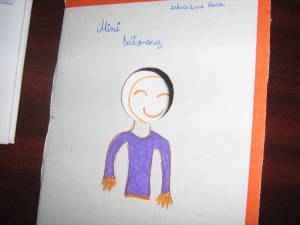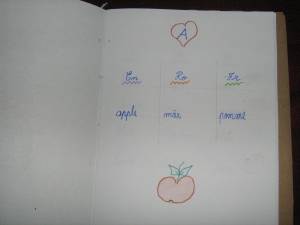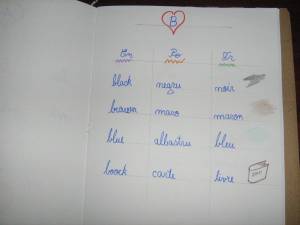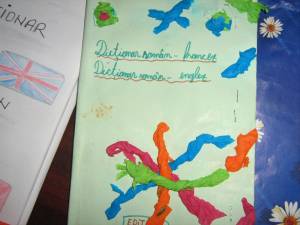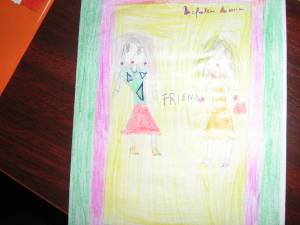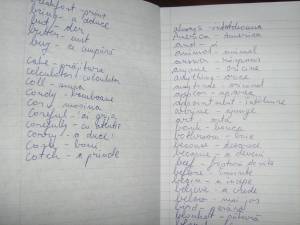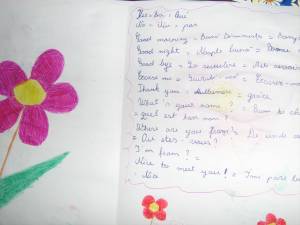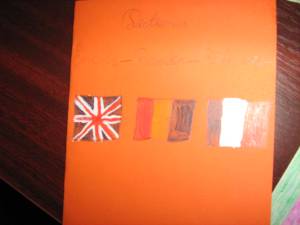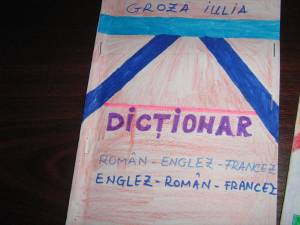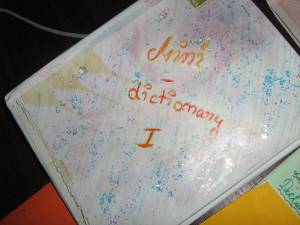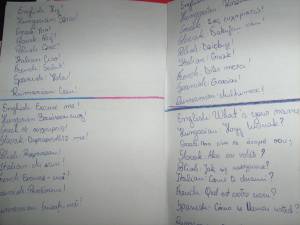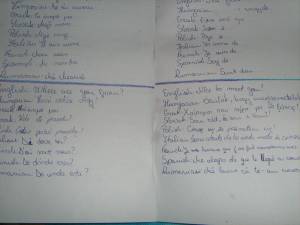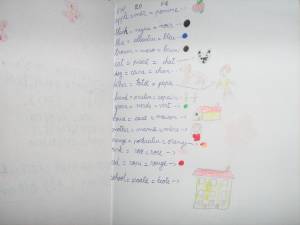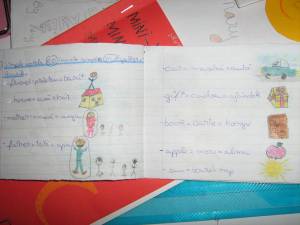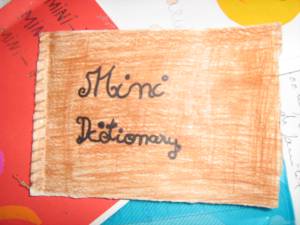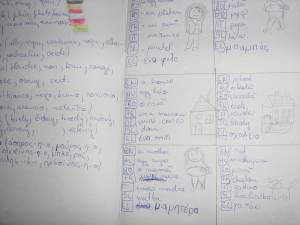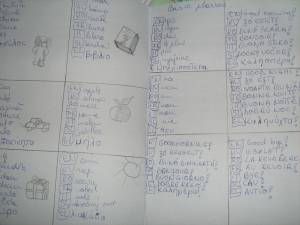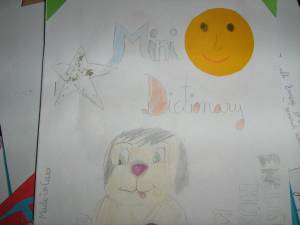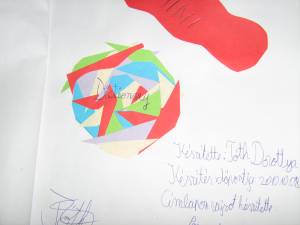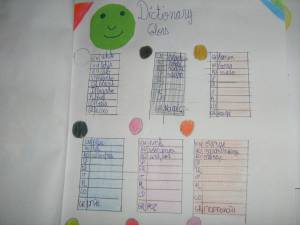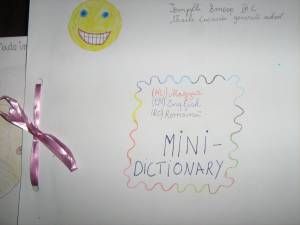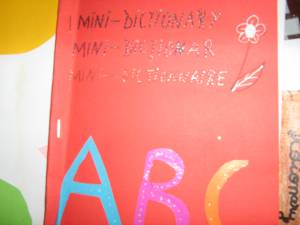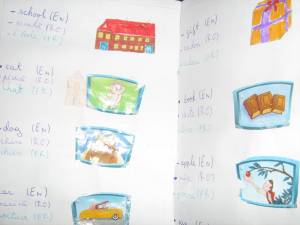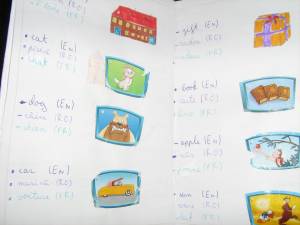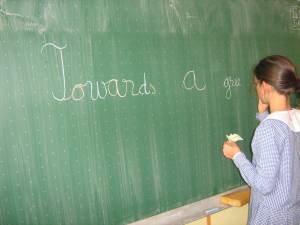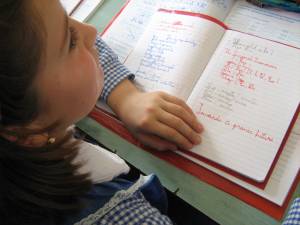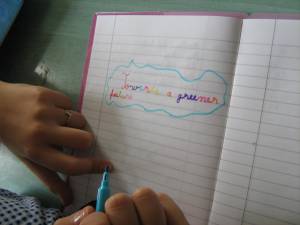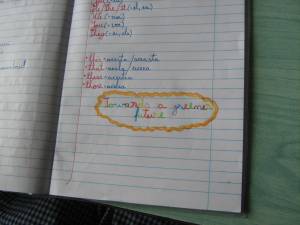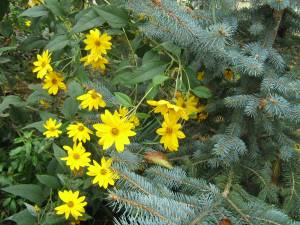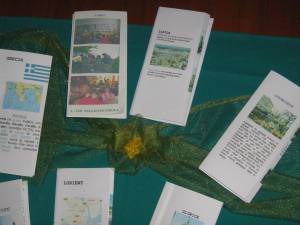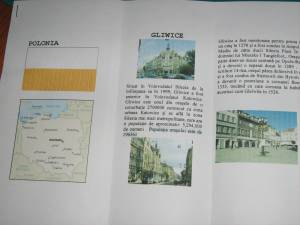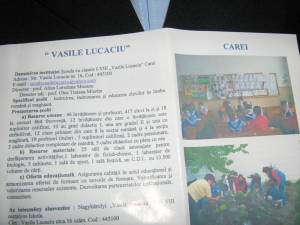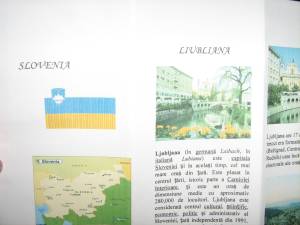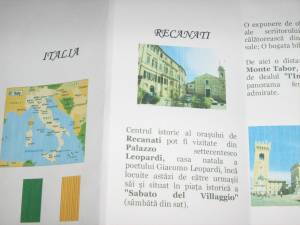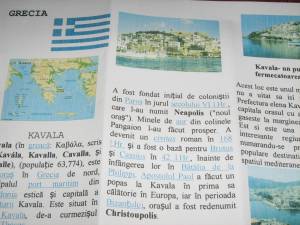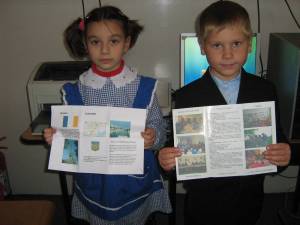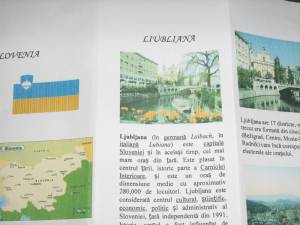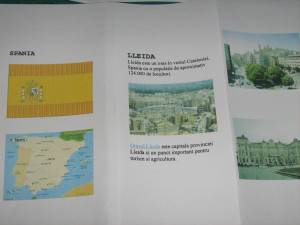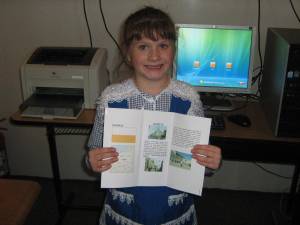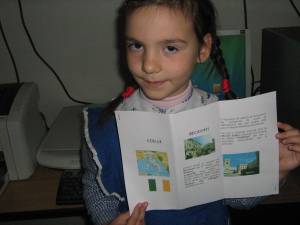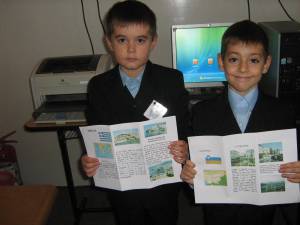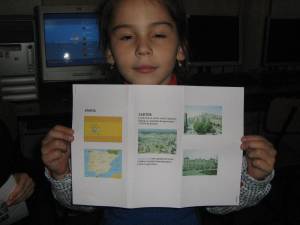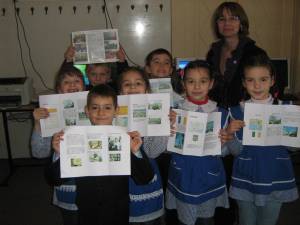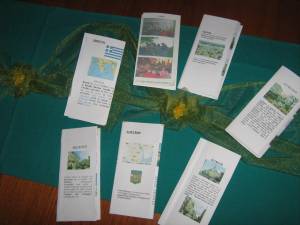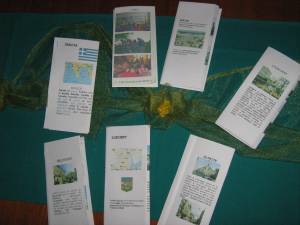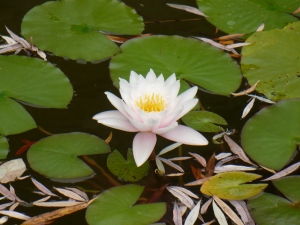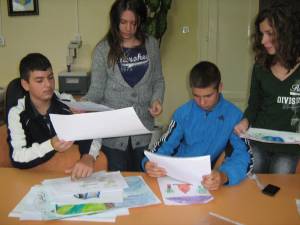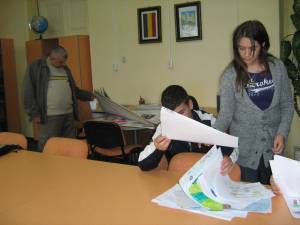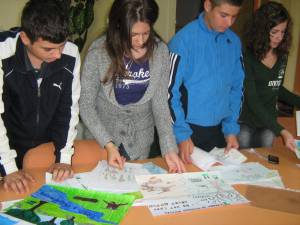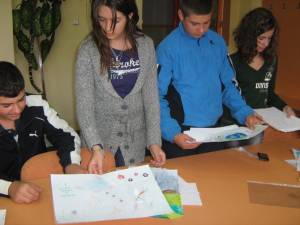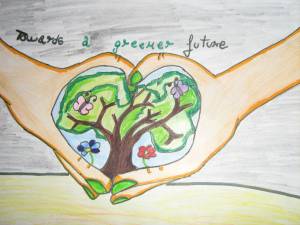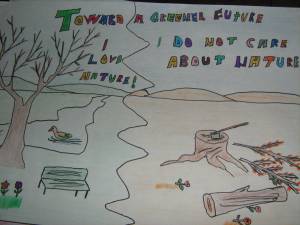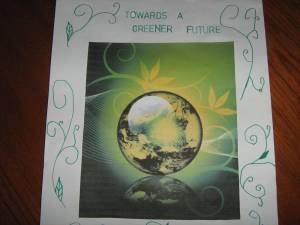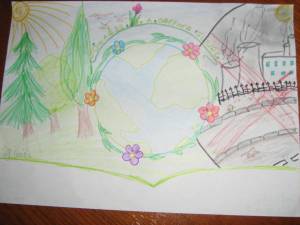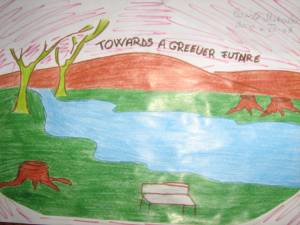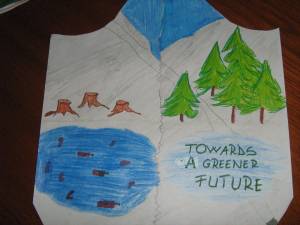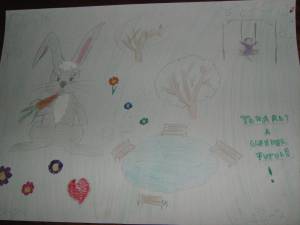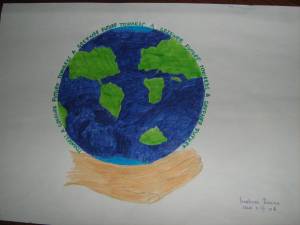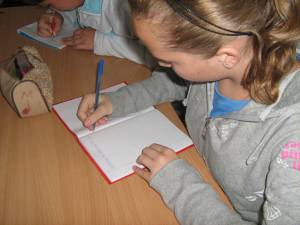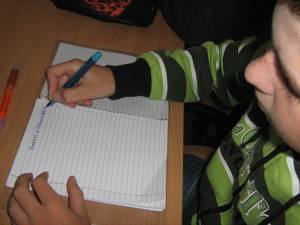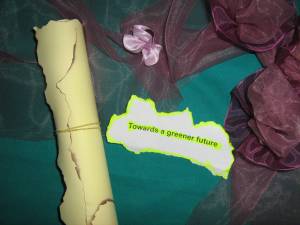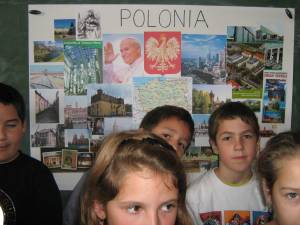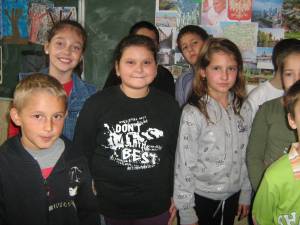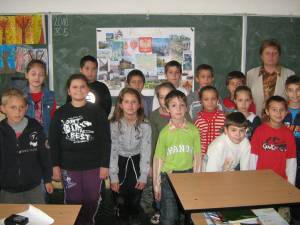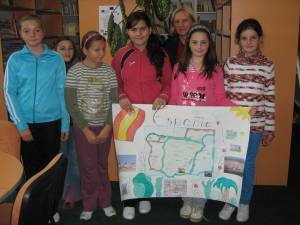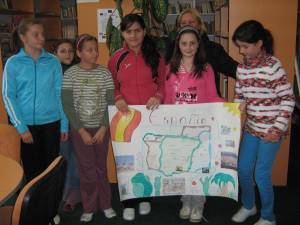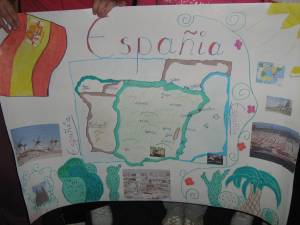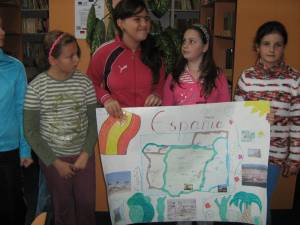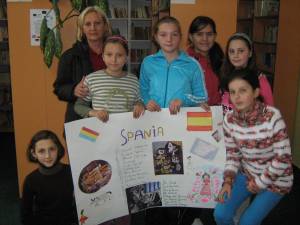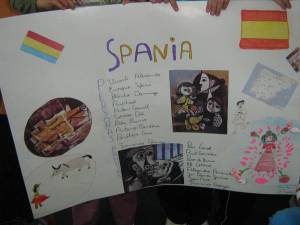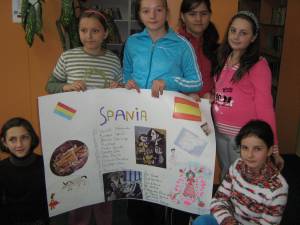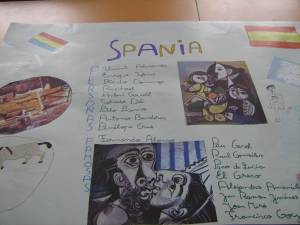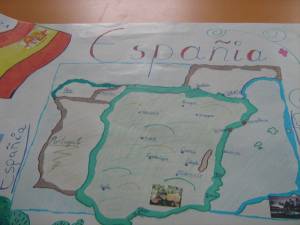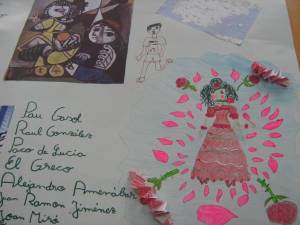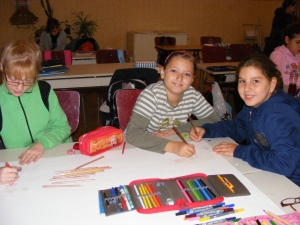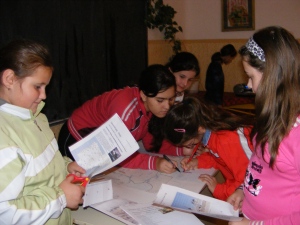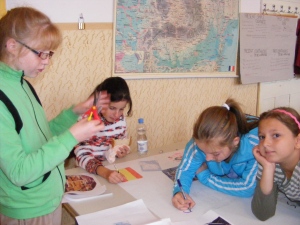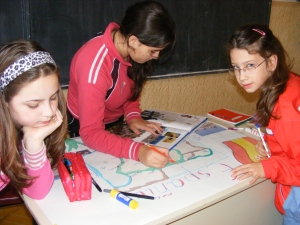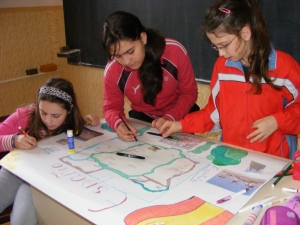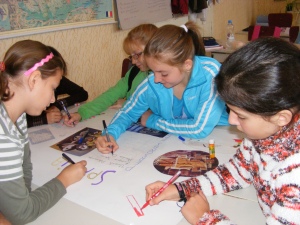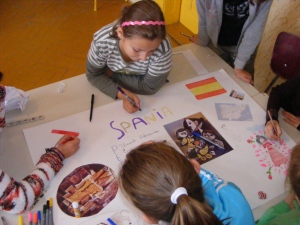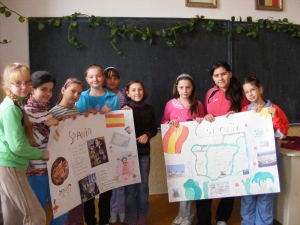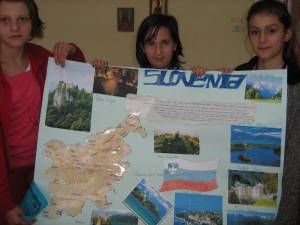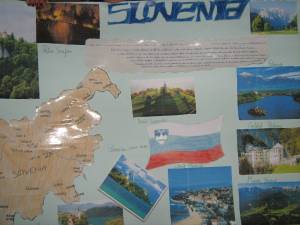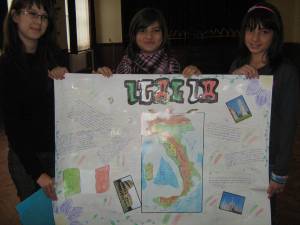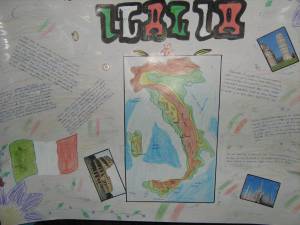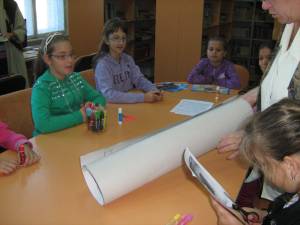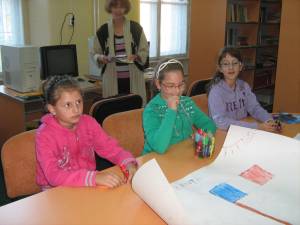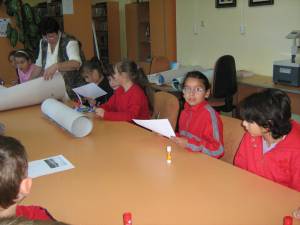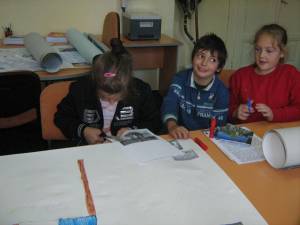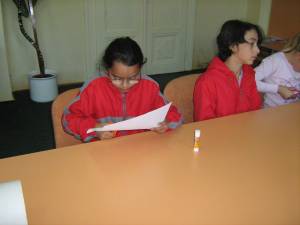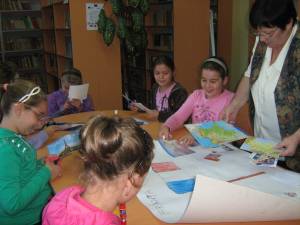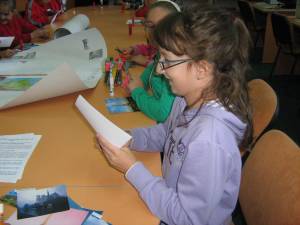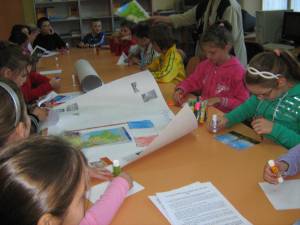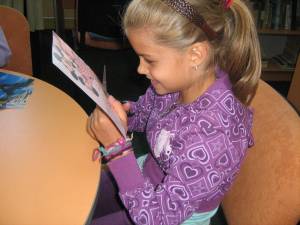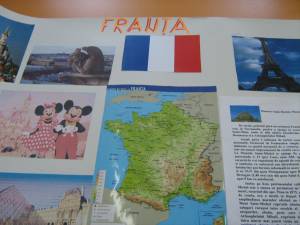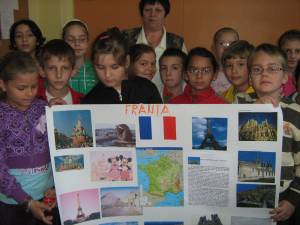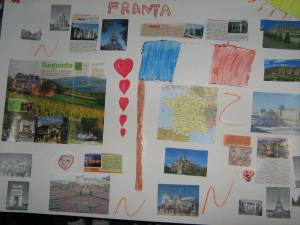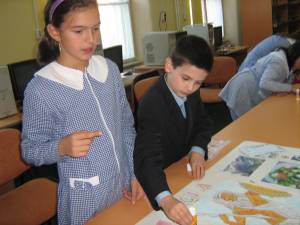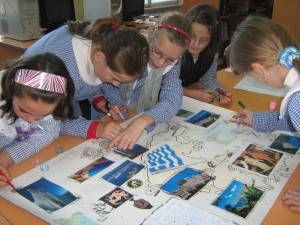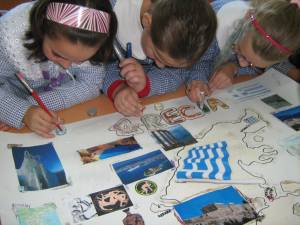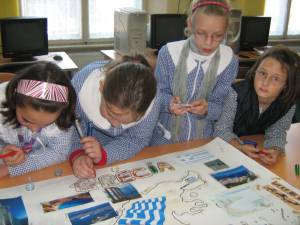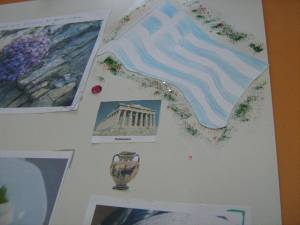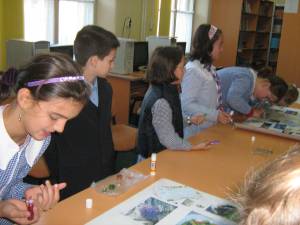Elevii au realizat în cadrul proiectului ” Towards a greener future” , minidicţionare punîndu-şi în evidenţală creativitatea.
Archive for octombrie, 2010
Pliante cu oraşele: Gliwice, Carei, Recanati, Kavala, Lorient, Ljubljiana, Lleida
Elevii au realizat pliante despre oraşele partenerilor noştrii cuprinzând informaţii geografice, sociale, tradiţii, artă culinară, religie, dansuri, etc.
Logo design contest
Elevii au participat la concursul ” Cel mai sugestiv LOGO”, având la bază tema proiectului ” Towards a greener future”. Vă invităm să vizionaţi poze şi prezentarea media.
Posters about partners
Towards a greener future(2010-2012)”Our surroundings” în octombrie
În urma vizitelor pe teren, elevii şcolii au realizat un album cu poze, picturi şi grafică, imortalizând natura din jurul oraşului Carei, flora lunii octombrie.
Towards a greener future-School activity : „Our new friends” Posters about partners
Elevii şcolii au participat creativ la realizarea unor postere cu material informativ despre partenerii lor de proiect, au participat atât cei din ciclul primar cât şi cei din ciclul gimnazial, secţia română, secţia maghiară, elevii cu CES.
Towards a greener future-descrierea proiectului
SUMMARY
‘Towards a greener future’ is a project in the implementation of which the following countries are involved: France, Greece, Spain, Poland, Romania, Slovenia, and Italy. One of the major tasks set for the project is to learn about the natural diversity and ecological richness of Europe.
Assuming the mutual exchange of initial and final products set to occur during the international cooperation takes place, we aspire to change the student attitudes and their ecological behavior. The project involves the knowledge of the nearest surrounding areas and the school of students own countries involved in the project in order to find any connections or changes within the environment.
The project takes into account interests of children (10-12 years) with special educational needs, of the weak and the gifted students as well as those belonging to different ethnic groups and it gives them the opportunity to see their own ideas at work. We want the students to be active, so that their actions are accompanied by emotions, and so that they feel satisfaction from their creative activity and direct involvement in the project.
Therefore, we will use different methods, techniques and forms of work. We propose tasks that will show in a tangible way, what is the state of our immediate environment. We will teach how to make choices in a spirit of responsibility as well as we will attempt to bring an awareness of the connection between simple daily activities and the environment and the ecological situation on the Earth. A special emphasis will be placed on those aspects of nature that will give the students the chance to respond directly. We wish that the acquired knowledge and the unique skills will help the students transfer them to everyday life.
The execution of the tasks (Our new friends, our neighborhoods, the World Car Free Day) included in the project will contribute towards the student enrichment in correct environmental attitudes and the schools will acquire new teaching aids at the same time. The end product materials developed in the process, such as albums, herbals, atlases, folders, and yearbooks will be a source of information about the activities of our schools on the local and international scene.
THE PROJECT OBJECTIVES
- expansion and exchange of knowledge on the natural conditions of regions in the partner countries through the implementation of small projects: „Our new friends” and „Our neighborhoods”;
- explore changes in the environment of countries participating in the project through participation in outdoor activities, thematic trips and meetings with interesting people;
- promote effective measures to protect the environment through radio broadcasts, thematic lessons, excursions and art works;
- implementation and nurturing of the green ideas in the school community through artistic activities (eco-fun, literary and artistic works), sports (rallies, group games) and research (surveys);
- furnishing the students with knowledge to facilitate understanding of the role of nature in human life through meetings with interesting people, the implementation of the interdisciplinary path, implementation of a small project titled „Eco-pal has its own world” and a tournament of ecological knowledge;
- raising awareness among students about the relationship between their behavior having real consequences to the environment by implementing a small project titled „My home and its impact on the immediate environment” and a survey titled „Is your house eco-friendly?”
- awareness raising of the need for rational management of natural resources through radio broadcasts about recycling, the implementation of cross subject paths, themed tours and a contest „What do I do with this mountain of garbage?”
- making young people aware about the impact of the environment state on their health through the development of the Eco-pal Decalogue, the guide on how to care about beauty and health titled „Eco-taste”;
- encouraging students to actively cooperate in order to maintain clean environment by taking part in the global action Clean Up the World;
- shaping the attitude of respect for nature and responsibility for her condition through a series of activities such as working in the school garden and feeding the animals;
- engendering curiosity and fascination with the world, its diversity and richness through theatrical performances, tours, meetings with interesting people, conducting scientific experiments;
- evolving student pro-social behavior: group work, self-presentation, problem solving, responsibility for oneself and others;
- developing in students the skills of careful observation, discussion, evaluation of their activities, interpretation of results and analysis making;
- highlighting the skills of children with special needs and from different ethnic groups by engaging them in carrying out tasks under the project;
- improving English proficiency of students and teachers through participation in projects meetings, correspondence, performance of partial and final products;
- improving the ability to use communication and information technology by students and teachers through the preparation of multimedia presentations, maintaining e-mail correspondence;
- enhancement of the teacher workshop (acquisition of skills to use computer technology: Skype, Power Point, cameras, thematic lesson plans, teaching resources: multimedia teaching aids, globes, albums, guides, atlases, herbaria, enriching a library in these didactic aids);
- improving the quality of school work through the acquisition of new skills by teachers (language, computer, knowledge of the countries participating in the project), the improvement of workshops, enriching the teaching methods and forms of work with the students;
- integrating the group through teamwork;
- involvement of parents in organizing eco-themed events (Eco-pal has its own world, the World Car Free Day, fun carnivals, cruises, eco-rallies);
- exchange of experiences, methods of work with its partners in the project through project meetings, virtual conferences, correspondence;
- seeking and developing the best possible ways of cooperation within the local community: attracting new sponsors, encouraging parents to independently and creatively organize school events;
- development of positive student and parent attitudes towards the local environment surrounding the school.
THEME OF THE PROJECT:
Our new friends
Getting to know the partner countries: the nature of the partner countries, the symbols, the natural conditions, the places of interest through:
- radio broadcasts devoted to the partner countries – the broadcast exchange programme between the partners;
- preparation of multimedia presentations about countries participating in the project – partner exchange;
- poster design;
- development of mini – dictionaries containing basic words and phrases in partner languages;
- preparation of student work exhibitions – posting poster photos and mini-dictionaries to the shared website;
- the creation of the Comenius Wall, presenting information about the schools participating in the project;
- trip organization in the vicinity, an album release, a herbarium creation, a guide to interesting animate and inanimate objects of nature in the partner countries – final product creation;
- organization of a meeting with a traveller – image exchange between the partner schools.
We live here
Assessment of the natural environment in the vicinity of my home and my school and the partner schools conducted through:
- a series of lessons dedicated to the natural conditions of the region – an exchange of lesson plans between partners;
- scientific research in the area – an exchange of partial project results and brochure design presenting a common assessment of the environment in the partner countries;
- household surveys assessing the attitudes to the environment – posting a report on the state of the environment in the partner countries on a shared website.
We have a choice
Raising the awareness in students about the relationship between their daily activities and the ecological situation of the Earth through:
- pconducting a series of lessons on energy saving, water and other natural resources -exchange of lesson plans between the partner countries;
- radio broadcast titled „Living in Harmony and Comfortably”- posting of the radio program script on a shared website;
- an ecological film series;
- participation in the ecological knowledge tournament titled the Eco-Guard – a joint development of questions by the project partners during the teleconference, exchanging event photos among the partners;
- web engine search for information detailing the impact of our everyday activities on climate change – exchange of information with the partner countries.
We become better
Promotion of environmental attitudes among students through:
- work in the school garden and maintenance of pot plants – the development of the metamorphosis chronicles on video, and the exchange between the partners;
- animal feeding and collecting pet food- preparation of multimedia presentations and exchange between the partners;
- cleaning up the world – the photo report exchange between partners;
- development of the Eco-pal Decalogue – the main decalogue production, issued from partial proposals being prepared by the partner schools.
Recycling
Promoting the idea of selective waste collection and the utilization of recyclable materials through:
- an interdisciplinary path -a joint development of lesson elements dedicated to recycling on the subjects implementing the path;
- radio programme broadcast – the exchange of scripts between the project partners;
- organization of thematic trips (sewage treatment plant, waste sorting station, waste landfill) – the exchange of leaflets that advertise the visited sites;
- miniature waste basket design contest – presentation of the winners’ work on a shared website;
- the collection of second-hand materials, and conscious sorting – the exchange of the report presenting the results with the partners;
- eco-gadget design made from sustainable materials -posting photographs of the work on a shared website.
Organic forms of recreation
We learn to relax, have fun and take care of ourselves without harming the environment through:
- participation in bicycle races of students and teachers – photo exchange with the partners;
- participation in eco-rallies – exchange of tasks and development of a common „Map of mischief”;
- participation in thematic tours – exchange of animal illustrations and their descriptions, an atlas creation of animals occurring in the immediate vicinity of the partner countries schools;
- participation in the eco-oriented games and accompanying environmental competitions. Development of a portfolio (label photographs, costume sketches). Exchanging the „small portfolios” between partners;
- participation in theatrical performances – video exchange with the partner countries.
